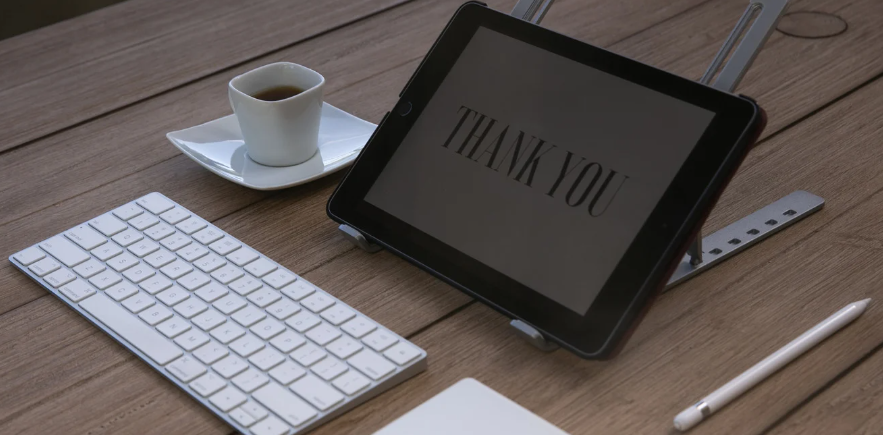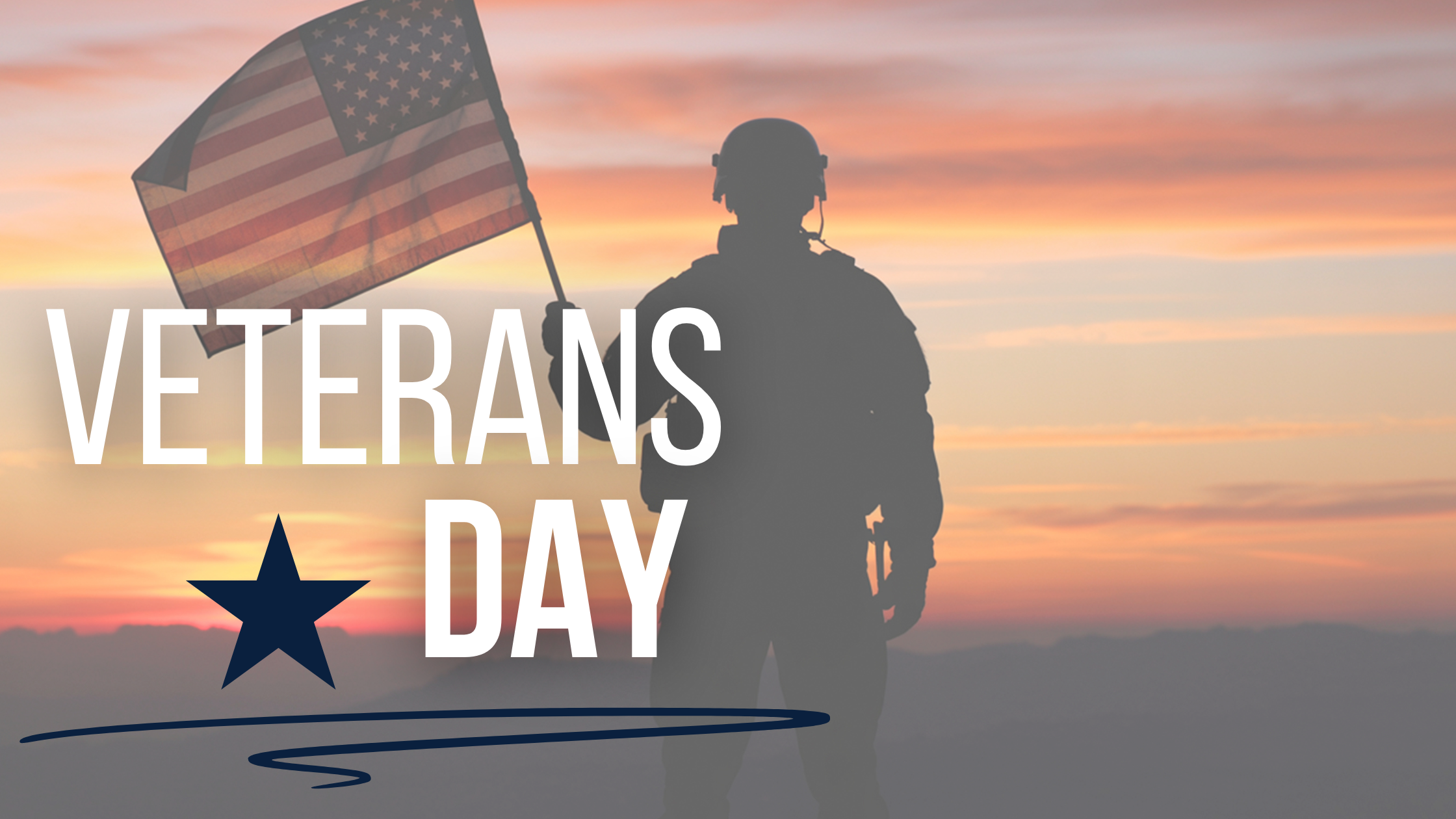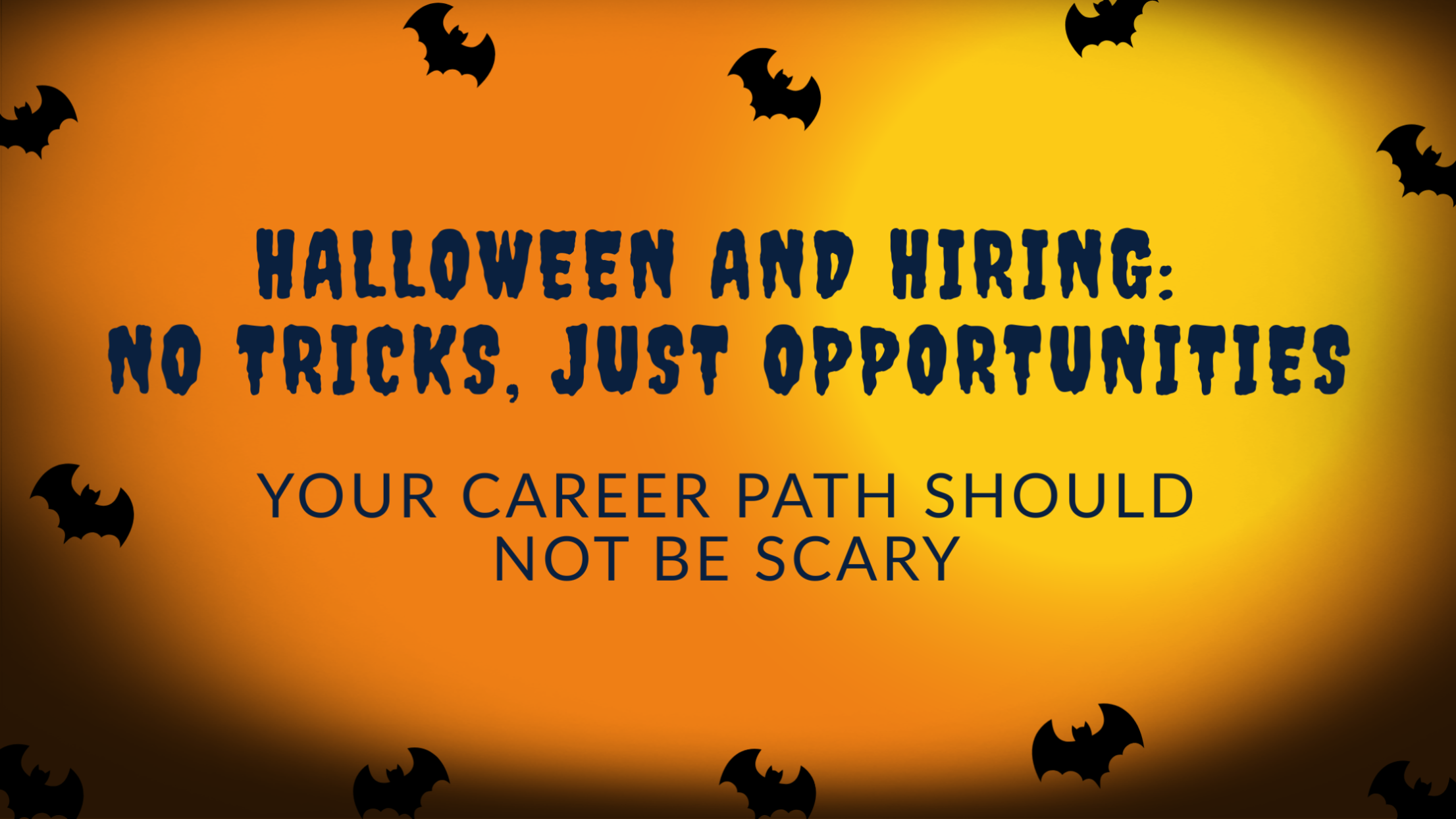
Should You Write a Thank-You Note After an Interview?
You just wrapped up an interview. You answered every question, asked your own, and left with a good feeling. Now what? Many candidates pause at this point, wondering if they should send a thank-you note.
The answer is yes — and here’s why.
A Thank-You Note Is More Than Just Good Manners
In a competitive job market, small gestures can make a big difference. A thank-you note shows appreciation, reinforces your interest in the position, and gives you a chance to leave a lasting impression. Employers notice candidates who follow up thoughtfully, especially in a professional setting where communication skills matter.
What Do Others Think?
Career expert Andrew Seaman ran a poll on LinkedIn asking whether job seekers should send thank-you notes after interviews. Out of more than 22,000 responses, 61% said yes, a thank-you note is still important. Interestingly, 17% said it depends on the situation, while 21% said no, they don't think it’s necessary. This shows that while opinions vary, the majority of professionals still view thank-you notes as a valuable and respectful follow-up that can leave a lasting impression (Seaman).
Addressing Common Challenges for Veterans
Veterans may face unique challenges when crafting thank-you notes, particularly when it comes to translating military experience into civilian terms. Many veterans are accustomed to using military-specific language, which can sometimes feel difficult to adapt when writing to a civilian employer.
For example, instead of simply stating “I led a platoon,” consider rephrasing it to “I successfully led a team of 20 individuals, ensuring effective communication and mission completion under tight deadlines.” This language resonates more clearly with civilian employers, highlighting your leadership, communication, and problem-solving skills—highly valued qualities in the workplace.
If you’re unsure about how to express your military experience in a way that resonates with civilian employers, remember that the focus should be on the skills and accomplishments rather than the military structure itself. Use action verbs, describe the impact of your work, and show how your military background aligns with the role you're applying for.
Why Sending a Thank-You Message Matters
While it won’t replace your qualifications, a well-crafted thank-you message can give you a professional edge after an interview. Here’s why it matters:
- Shows appreciation: A thank-you note demonstrates that you value the interviewer’s time and the opportunity to connect.
- Reinforces interest: It reminds the employer that you’re genuinely interested in the position and invested in the process.
- Highlights key points: You can briefly restate your enthusiasm, recap your strengths, or clarify anything you forgot to mention.
Demonstrates professionalism: Following up with a clear, courteous message shows that you’re detail-oriented and serious about the opportunity.
When Should You Send It?
- Email: Within 24 hours of the interview.
- Letter: Send within 1-2 days if mailing, but email is often preferred because it’s faster.
What Should It Include?
Here’s a simple structure to follow:
- Subject Line (for emails):
Example: Thank You – [Your Name], [Position Title]
(Simple and clear works best.) - Greeting:
Address them formally (Mr./Ms. Last Name), unless told otherwise. - Express Your Gratitude:
Thank them for the opportunity to interview. Mention the specific position by name.
Example:
“Thank you for taking the time to meet with me today to discuss the [Position Title] role at [Company Name].” - Highlight Something Specific From the Interview:
Mention a topic you discussed or something you learned about the company that excites you. This shows you were engaged and paying attention.
Example:
“I enjoyed learning more about your team’s mission to [mention something], and I’m excited about the opportunity to contribute my skills in [specific area].” - Reaffirm Your Interest and Qualifications:
Briefly remind them why you’re a great fit.
Example:
“With my background in [mention a relevant skill or experience], I am confident I can add value to your team.” - Offer to Provide More Information:
This is optional, but it shows you’re proactive.
Example:
“Please let me know if I can provide any additional information to assist in your decision-making process.” - Close Politely:
Thank them again and sign off professionally.
Example:
“Thank you again for your time and consideration. I look forward to the possibility of working with you.”
Sample Thank You Email
Subject: Thank You – John Doe, Logistics Specialist Interview
Dear Ms. Smith,
Thank you for taking the time to meet with me yesterday to discuss the Logistics Specialist position at ABC Company. I appreciated learning more about your team’s dedication to efficiency and supporting military veterans in the workforce.
Our conversation confirmed my interest in joining your organization, especially in a role that aligns with my experience in logistics coordination and my commitment to mission readiness developed during my time in the service.
Please let me know if I can provide any additional information. I look forward to the possibility of contributing to your team’s success.
Thank you again for your time and consideration.
Sincerely,
John Doe
Final Tips
- Keep it concise (one page or less).
- Proofread for grammar and spelling.
- If you’re mailing a letter, use professional stationery and legible handwriting (if handwritten).
A thank-you note won't get you a job on its own—but in a field where every detail matters, it’s a powerful way to show that you're thoughtful, engaged, and serious about the position. At Work for Warriors MS, we encourage professionalism in every step of the job search. And that includes the follow-up.
If you need help writing your thank-you note or want to practice interview skills, our Employment Coordinators are here to support you. You’ve done the hard work—now finish strong.
Seaman, Andrew. “Should You Send Thank-You Notes after Job Interviews?” LinkedIn, 6 Mar. 2023, https://www.linkedin.com/pulse/should-you-send-thank-you-notes-after-job-interviews-andrew-seaman.
COMING UP….
Our next blog “Veterans, Get Hired! Work for Warriors MS Teams Up with United Rentals & UPS to Create Career Paths”
At Work for Warriors MS, we are excited to announce our new partnerships with United Rentals and UPS—two leading companies that are committed to helping military service members and veterans find meaningful employment. These partnerships represent a powerful opportunity for veterans to transition successfully into civilian careers, leveraging their skills and experiences in industries that value their dedication and work ethic.


